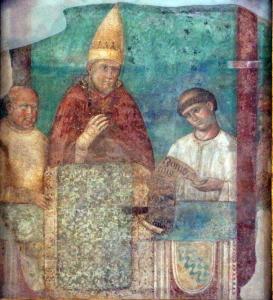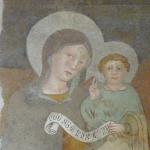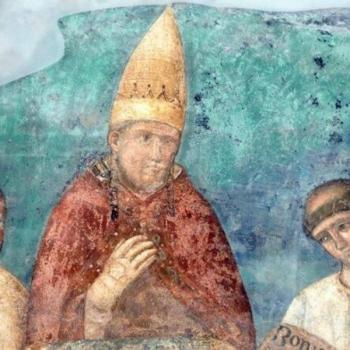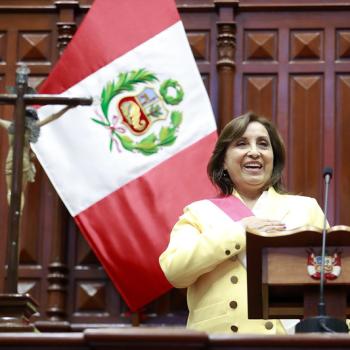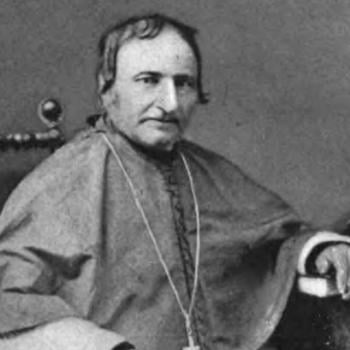On September 7th, 1303, an advisor to the King of France, Guillaume de Nogaret, led an army of 2,000 men to the Papal Palace in Anagni, Italy where Pope Boniface VIII was staying. Boniface was a power hungry man, having orchestrated the election and then abdication of his weak predecessor Celestine V. When Guillaume de Norgaret came to Anagni, Boniface and King Philip IV of France had been in the midst of a long power struggle and the French King wanted to show his superiority. Just three years prior (1300) Boniface had called the first Holy Year to drum up support for himself and the Church (a practice that continues today every 25 years).
The Papal Palace of Anagni was attacked and Boniface was slapped at the main hall of the palace before being imprisoned. The attacking army was eventually repelled, and the Pope liberated, but already an old man, Boniface never recovered from the incident known in Italian as “lo Schiaffo di Anagni” (the Slap of Anagni). At a time when the Pope could not even be touched, slapping him was the ultimate disgrace.
Pope Boniface died in Rome one month after the Slap of Anagni.
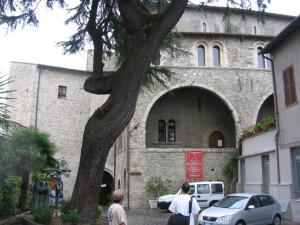
In The Divine Comedy, Dante placed King Philip in Purgatory for having murdered Boniface, yet it is important to note that Dante also openly attacked Pope Boniface, who was the reigning Pope when he wrote his master work. When Dante encounters Saint Peter in Paradise, the Saint laments, “He who on earth usurps my place, my place that in the sight of God’s own Son is vacant now, has made my burial ground a sewer of blood, a sewer of stench, so that the perverse one who fell from Heaven, here above, can find contentment there below.” Dante does not consider Boniface a legitimate Pope, thus the Papacy vacant. Boniface has turned Rome into a sewer of blood and stench where the devil happily dwells. Dante also harshly condemned Boniface during a conversation with Pope Nicholas III whom he placed in hell due to simony (the selling of Church offices).
After the death of Boniface, the Cardinals elected a Pope who would be amicable to the King of France, but that Papacy was very short. It took one year for the Cardinals to elect the next Pope due to irreconcilable differences between the Italian and French cardinals. Clement V was finally chosen, a Frenchman, who swiftly left Rome and moved the Papacy to Avignon, France, where he felt safer away from the Italian cardinals and Roman politics. The Papacy remained in Avignon for the next 100 years.
Pope Boniface exerted great temporal power and authority, and in the end was openly humiliated. His pontificate brought an end to the powerful thirteenth century Papacy which saw itself as more powerful than any king and prince (and did bring down kings and princes). During this period of time, the Pope was not a spiritual leader, but rather an avid administrator and arbiter of conflicts. The Papacy functioned somewhat as an international court of appeals for Catholic countries.
Boniface very likely deserved the slap.
May God have mercy on his soul!
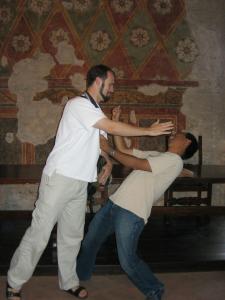
All pictures are mine, all rights reserved. 2006, Anagni, Italy.


